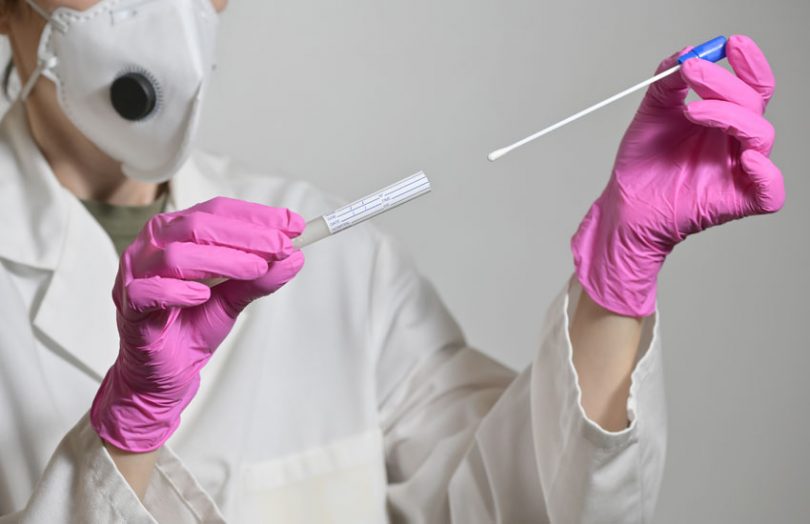Enterprise blockchain startup HACERA initiated a new blockchain platform MiPasa to help with data aggregation and analytics for COVID-19. It partnered with IBM, Oracle and others to make it happen. Talking about the pandemic, HACERA founder Jonathan Levi said: “I don’t think we have just a few more weeks to go, unfortunately, and we need to be able to make informed decisions.”
We’ve all seen data from the World Health Organization (WHO), John Hopkins University, the Center of Disease Control (CDC) and others. The MiPesa project aims to synthesize data from separate sources and help to reconcile them. It plans to ensure that the data in the system matches the original. And the public will report data discrepancies.
By aggregating data from numerous sources, the project hopes to be able to help public health officials and others to be able to study the information.
The MiPasa platform is based on Hyperlerledger Fabric.
One solution is to build a map by encouraging anyone infected to self report in a privacy enabled fashion. This allows people to see whether they’ve been near to someone who is infected and could potentially be used to prioritize who should be tested.
The Singapore government recently launched an app with a similar purpose that doesn’t use blockchain but is anonymous. TraceTogether doesn’t rely on GPS location data, because in cities such as Singapore with numerous high rise buildings, if one infected person is on the second floor and you’re on the 15th, the chances of infection are not high. That’s even though your location might appear to be the same on a map. Instead, TraceTogether uses Bluetooth-enabled smartphones for proximity.
Meanwhile, in addition to the data from the WHO and CDC, more data sources will help MiPasa to provide a richer source of information for the planned data analysis. To that end, the group hopes to attract researchers in statistics, probability, machine learning and AI to help to analyze the data.






